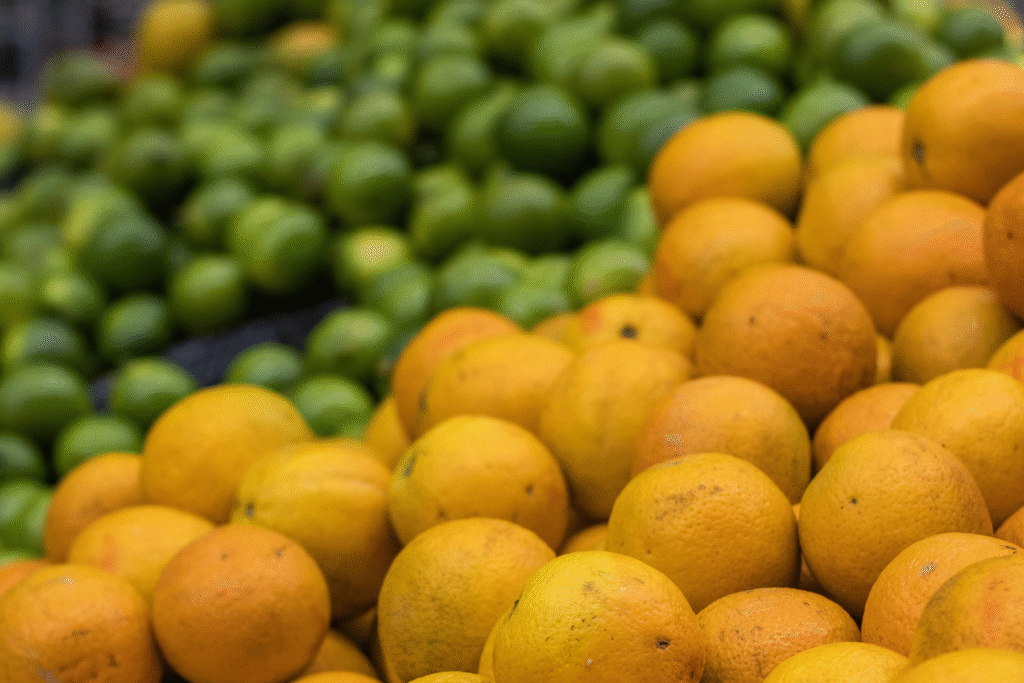
Spoiled fruit and vegetables were found in eight out of nine supermarkets during inspections by the Chamber of Labor (AK) Upper Austria. According to the AK, dents, brown spots, and mold can cause goods to spoil quickly. The organization is calling on food retailers to give staff more time to check and sort out products, and to offer price reductions in time to counter food waste.
Only one store passed the test: in the selected Lidl branch, no spoiled fruit or vegetables were found, the AK reported in a press release on Tuesday. In another market, lemons were moldy and watery, raspberries emitted a rotting smell, and apricots were moldy. In all other tested supermarkets, spoiled produce was discovered. Hofer and Norma received positive notes due to attentive staff who removed a spoiled item at checkout.
Molds can be harmful to health if they produce toxic metabolic substances, so-called mycotoxins, the AK emphasized.
Berries are particularly susceptible to mold infestation. Strawberries, blueberries, blackberries, and raspberries should therefore be carefully inspected before purchase and transported correctly. If only a single berry is affected, neighboring fruit should also be removed; if several are affected, the entire package should be discarded.
Watery fruits and vegetables such as cucumbers, tomatoes, peaches, and nectarines should be discarded entirely in the event of mold infestation. Freezing or cooking does not eliminate mold toxins, and further processing into compote or jam is not a solution, the AK stated. Consumers are advised to pay attention to quality when shopping, prefer loose goods, and buy as fresh as possible. Proper storage at home is also important.
If spoiled fruit or vegetables are purchased, the products should be returned as quickly as possible with the receipt. “Consumers are entitled to an exchange,” the AK said.

